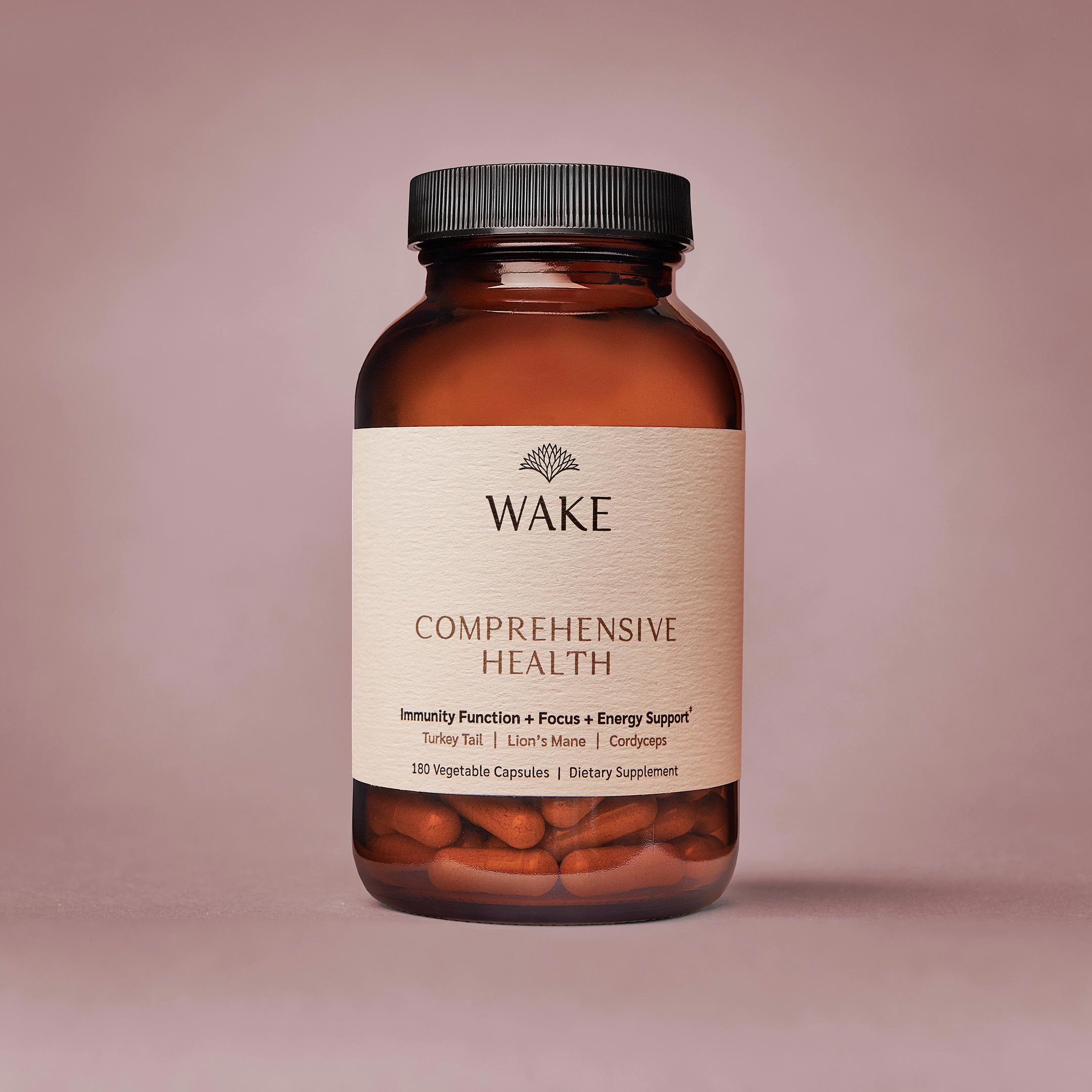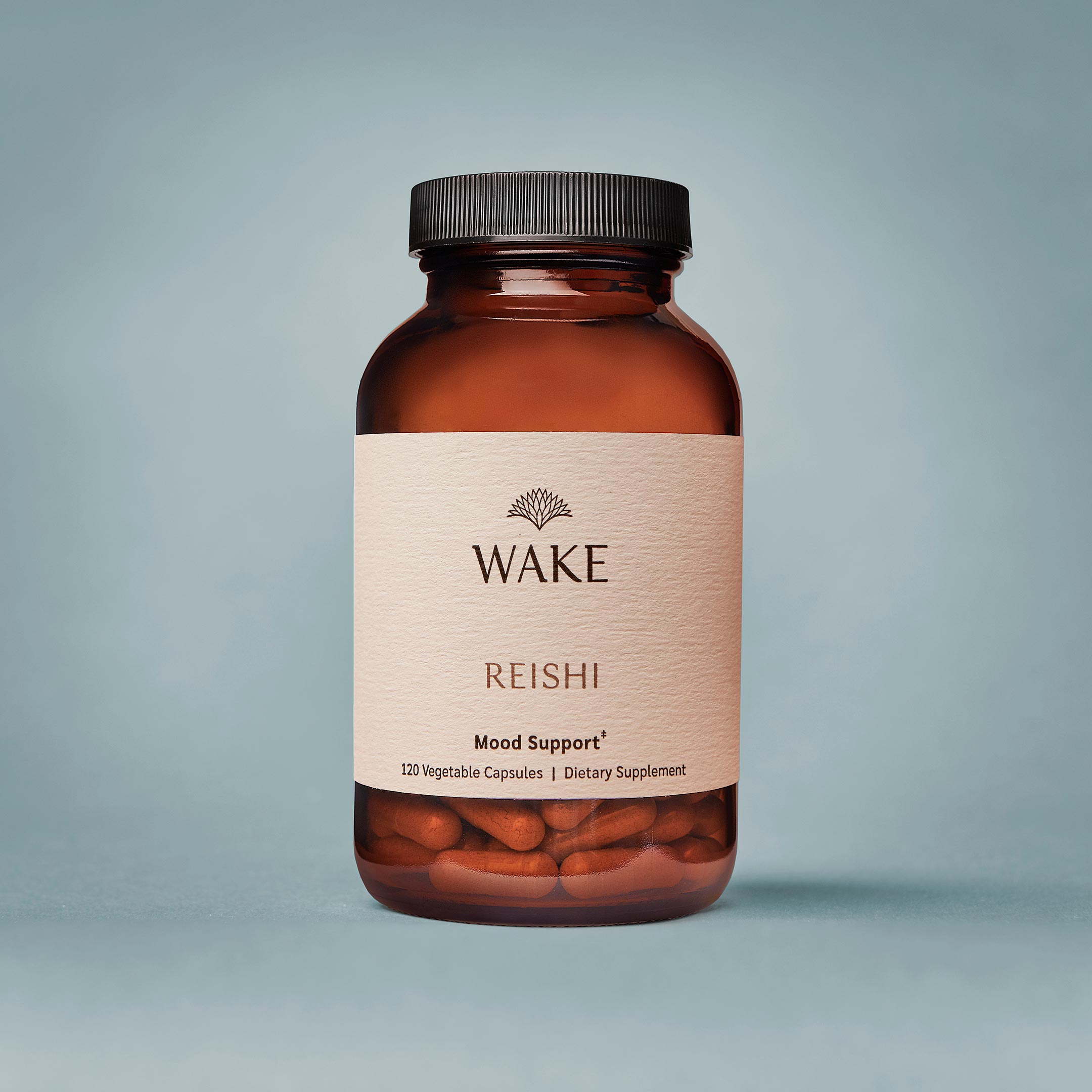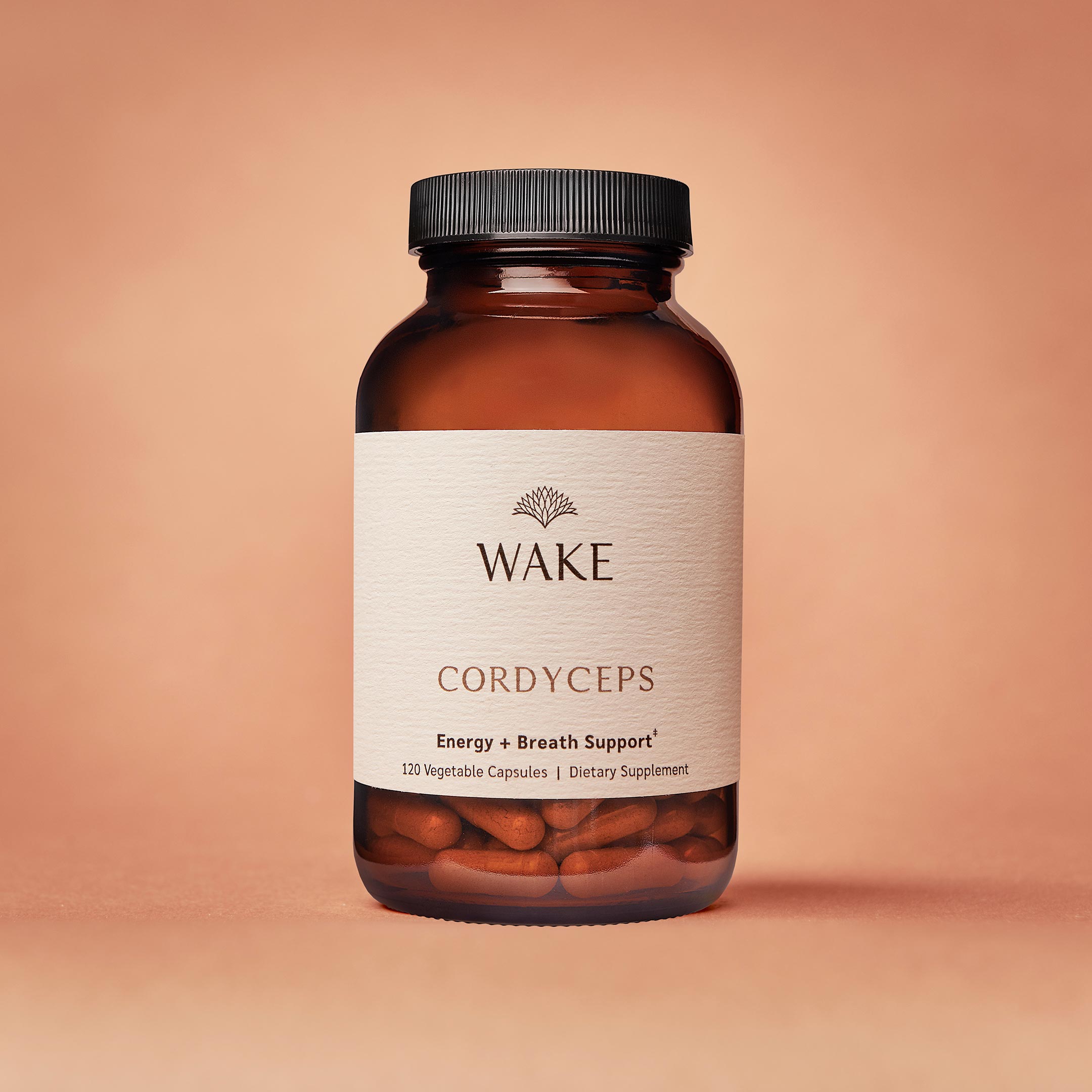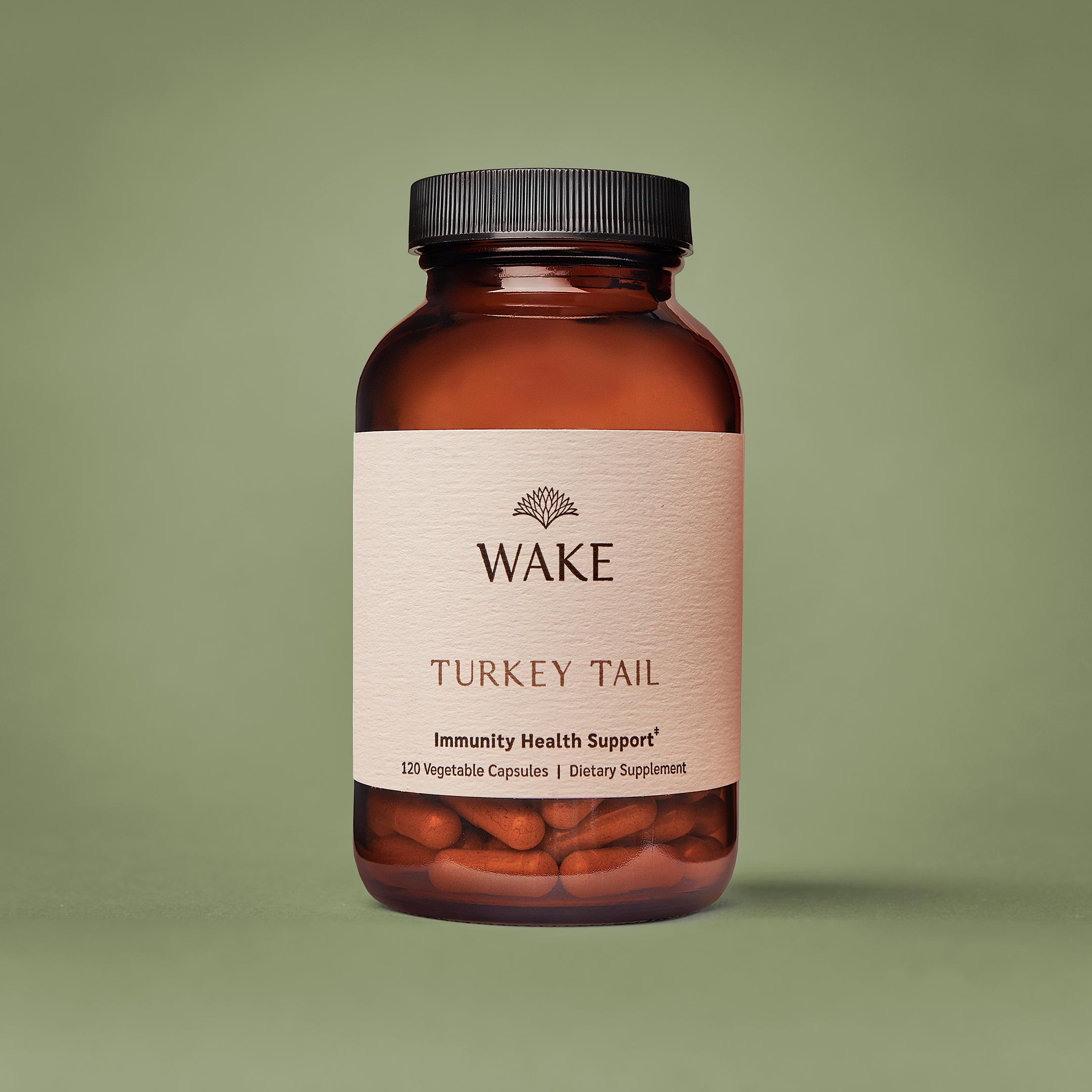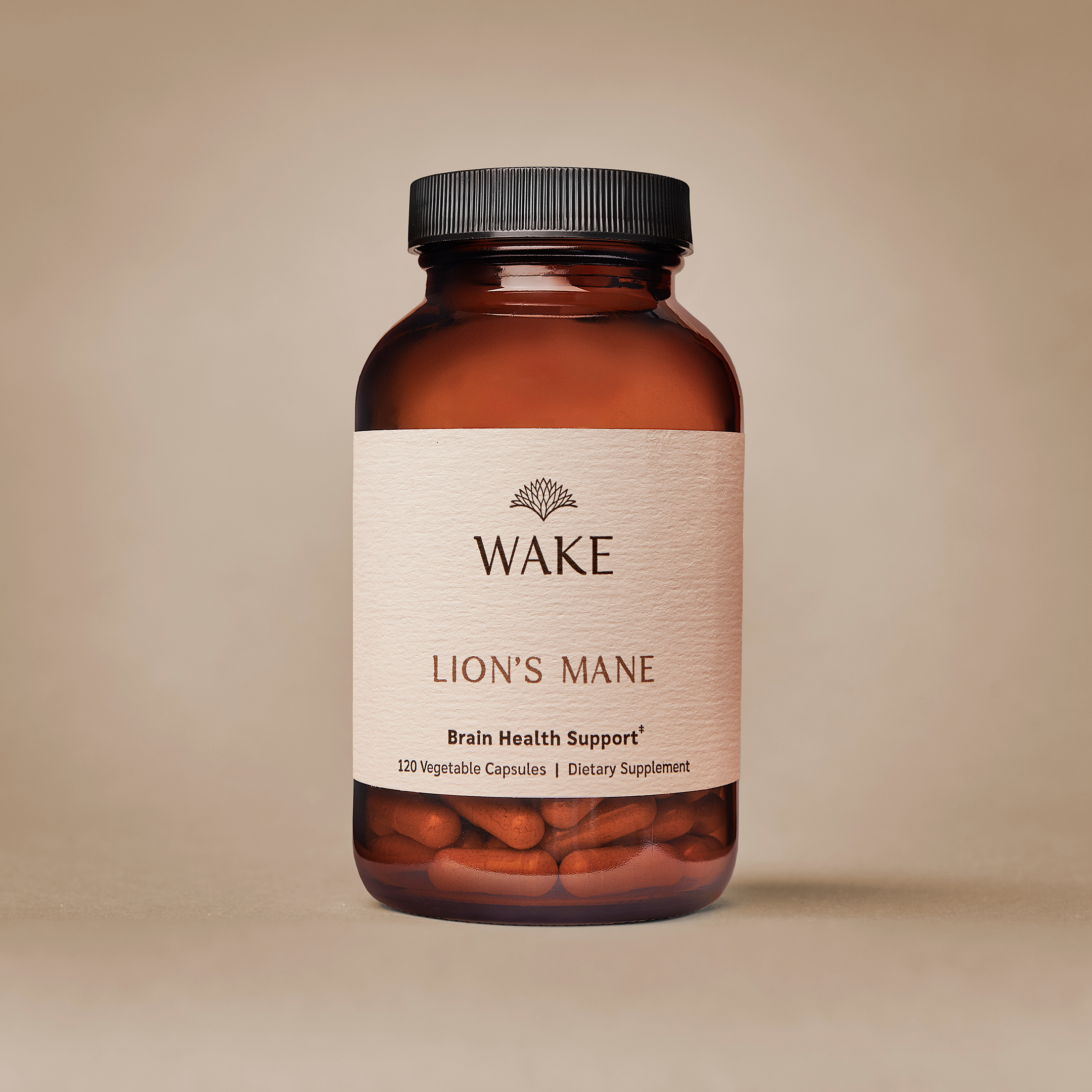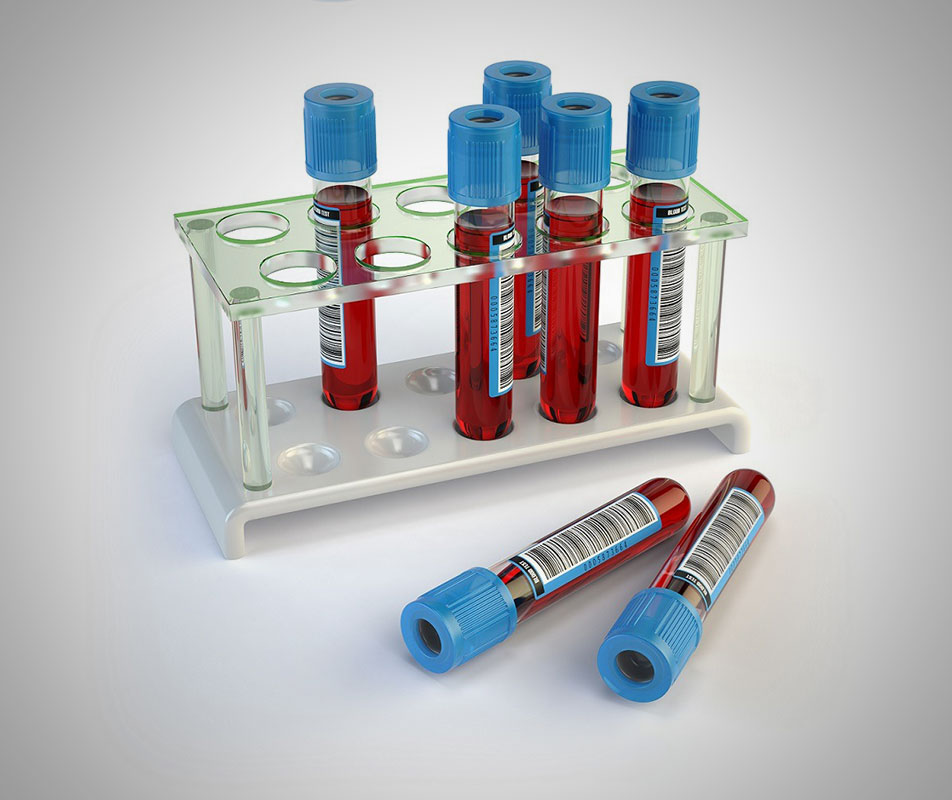
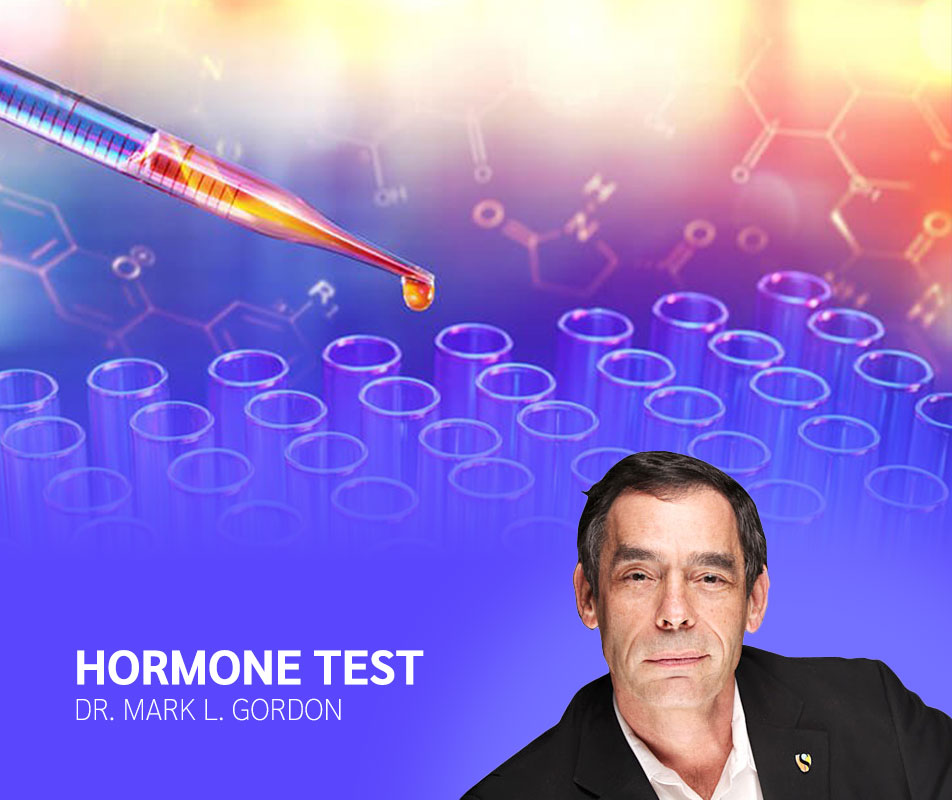
Dr Gordon hormone test
$599.00
According to the work of Dr. Mark L. Gordon, internationally recognized traumatic brain injury specialist, “Traumatic brain injury can be caused by a direct impact, or by acceleration alone. Brain trauma also causes secondary injury, which takes place in the minutes and days following the injury,” he adds. “These processes include alterations in cerebral blood flow and increased pressure within the skull, contributing substantially to damage from the initial injury.”
Dr Gordon explains how brain trauma may lead to frontal and occipital lobe brain damage resulting in deficiencies of neuroprotective hormones. The cause of this may be directly attributed to bruising, bleeding or ischemic damage and ultimately shrinkage of the hypothalamus and the pituitary gland. The pituitary is referred to as the “master gland” because it functions to influence the entire set of endocrine glands through a feedback loop, in coordination with the hypothalamus.
Veterans and athletes are commonly experiencing head trauma through vibratory, rapid acceleration and concussion type injuries. Such insidious brain injuries are difficult to diagnose. Symptoms include a “host of psychological, physiological, and physical manifestations, including depression, outbursts of anger, anxiety, mood swings, memory loss, inability to concentrate, learning disabilities, sleep deprivation, increased risk for heart attacks, strokes, high blood pressure, diabetes, loss of libido, menstrual irregularities, premature menopause, obesity, loss of lean body mass, muscular weakness, and a number of other medically documented conditions.”
Post-Traumatic Stress Disorder, PTSD is a common diagnosis for those who incidentally suffered head trauma yet find it difficult to cope, or worse, manifest a full range of conditions related to hormone deficiencies.
Hormones have been proven to impart a “neuroprotective” effect on the brain, which improves the ability of the brain to function normally and resolve emotional conflicts often seen in PTSD.
A proper diagnosis of TBI and hormone deficiency as the basis of PTSD and other neuro-endocrine dysfunctions requires a good history, questionnaire and examination along with a proper evaluation of a comprehensive TBI hormone panel. This panel provides a global picture into the condition and balance of the hormones that protect the brain and regulate the endocrine system.
Tests included in this panel:
| CPT | Name: |
|---|---|
| 85025 | CBC – Complete Blood Count |
| 80061 | Lipid Panel |
| 80053 | CMP |
| 83090 | Homocysteine, Plasma |
| 86141 | HS-CRP |
| 83525 | Insulin Fasting |
| 83036 | Hgb A1C |
| 82523 | Cortisol |
| 82627 | DHEA-S |
| 82651 | DHT |
| 82670 | Estradiol |
| 82679 | Estrone, Serum |
| 83003 | Growth Hormone (Retail) |
| 84140 | Pregnenolone |
| 84144 | Progesterone |
| 84146 | Prolactin |
| 84270 | SHBG |
| 84305 | IGF-1 Insulin like growth factor |
| 84402, 84403 | Testosterone – Free/Total |
| 84482 | Reverse T3 |
| 86376 | TPO |
| 86800 | Thyroglobulin Abs |
| 84443 | TSH – Thyroid Stimulating Hormone |
| 84436 | Thyroxine (T4) |
| 84480 | Triiodothryonine (T3) |
| 84481 | T3, Free (Triiodothyronine) Serum |
| 84439 | T4, Free (Thyroxine) |
| 82728 | Ferritin, Serum |
| 84630 | Zinc, Plasma |
| 84153 | PSA, Serum |
| 82024 | ACTH |
| 83001 | FSH |
| 83002 | LH |
| 82306 | Vitamin D, 25-Hydroxy |
More to discover
Explore the many benefits of medicinal mushrooms. High quality, vegan and bioavailable, our supplements are easy to incorporate into your day-to-day life. Shop one-time, or subscribe for Auto-replenish for a convenient monthly delivery.
